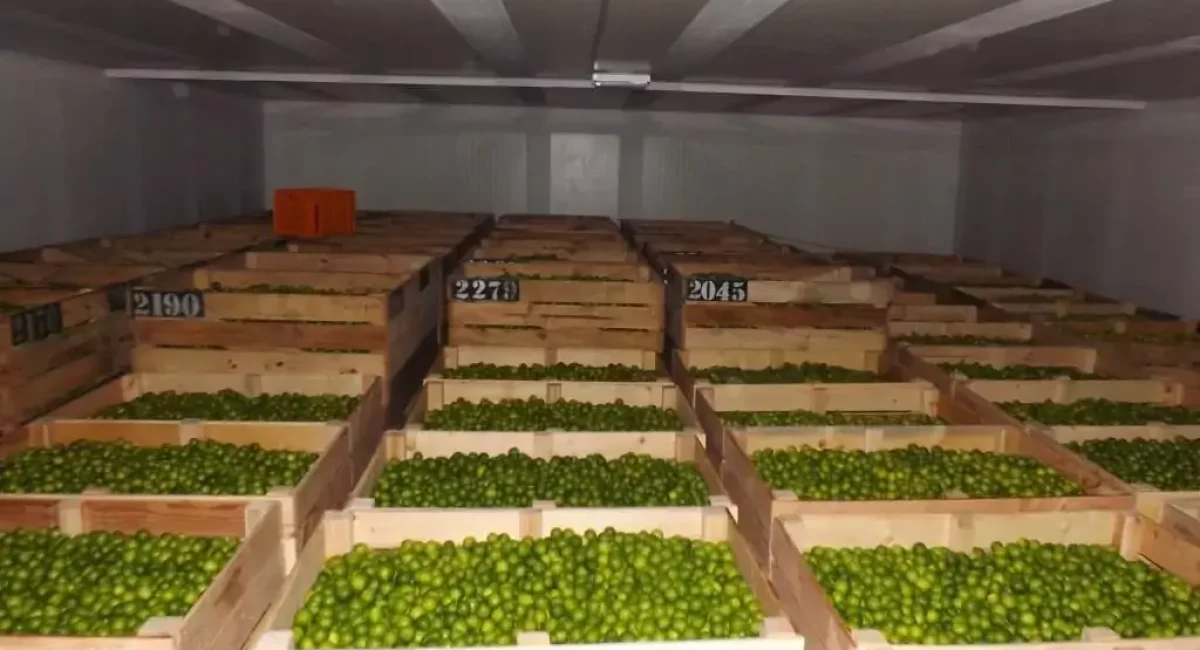Optimizing Freezer Condenser Unit Performance for Enhanced Cooling Efficiency and Reliability
Understanding Freezer Condenser Units A Key Component of Refrigeration Systems
In the vast realm of refrigeration and air conditioning, the freezer condenser unit plays a vital role in maintaining optimal temperatures for various applications. From preserving perishable goods in commercial kitchens to ensuring the effectiveness of large-scale industrial refrigeration systems, understanding how these units work is essential for both consumers and professionals in the field.
What is a Freezer Condenser Unit?
At its core, a freezer condenser unit is part of the refrigeration cycle that is responsible for dissipating heat after the refrigerant has absorbed it from the cooling chamber. The basic function of a condenser is to convert the refrigerant gas back into a liquid state, allowing it to continue circulating through the system and facilitating the cooling process. Typically, these units are installed in freezers, walk-in coolers, and other refrigeration systems where consistent low temperatures are required.
Key Components of a Condenser Unit
A typical freezer condenser unit comprises several key components, including
1. Compressor This is often considered the heart of the refrigeration system. The compressor pumps the refrigerant gas and increases its pressure, causing its temperature to rise. It is essential for initiating the refrigeration cycle.
2. Condenser Coil The condenser coil is where the real magic happens. As the hot, high-pressure refrigerant gas flows through the coil, it releases heat into the environment. This process typically occurs with the help of a fan that enhances air circulation over the coil, promoting efficient heat dissipation.
3. Expansion Valve The expansion valve reduces the pressure of the refrigerant, facilitating its transition into a cooler, lower-pressure liquid state as it enters the evaporator.
4. Evaporator Coil Although not part of the condenser unit itself, the evaporator works closely with the condenser. It absorbs heat from the environment (inside the freezer) and evaporates the refrigerant back into a gas, completing the cycle.
freezer condenser unit

How Freezer Condenser Units Function
To better understand how freezer condenser units operate, we can break down the refrigeration cycle into four primary steps
1. Compression The compressor draws in low-pressure refrigerant gas and compresses it, turning it into high-pressure gas. This process elevates the temperature of the refrigerant significantly.
2. Condensation The high-pressure gas then travels to the condenser coils, where it releases heat to the surrounding environment. As heat is expelled, the refrigerant transforms back into a liquid state.
3. Expansion The liquid refrigerant then passes through the expansion valve, where its pressure drops significantly. This pressure drop creates a cooling effect, allowing it to absorb heat more effectively in the next stage.
4. Evaporation Finally, the low-pressure liquid refrigerant enters the evaporator coils. Here, it absorbs heat from the freezer compartment, cooling the air inside the freezer. As it absorbs heat, the refrigerant evaporates back into a gas and returns to the compressor, restarting the cycle.
Importance of Maintenance
For optimal performance, regular maintenance of the freezer condenser unit is essential. Over time, dust and debris can accumulate on the condenser coils, reducing heat transfer efficiency and causing the system to work harder, ultimately leading to higher energy costs and potential equipment failure. Routine maintenance tasks may include cleaning the coils, checking refrigerant levels, and ensuring that the compressor and fan are functioning correctly.
Conclusion
In summary, the freezer condenser unit is a crucial component of refrigeration systems. Understanding its function within the refrigeration cycle can provide insights into how cooling systems operate and the importance of maintaining these units. As technology continues to advance, new developments in condenser design and efficiency are emerging, promising better performance and energy savings for various refrigeration applications. Whether you are a business owner relying on refrigeration to preserve food quality or a homeowner with a freezer in your kitchen, recognizing the importance of the condenser unit can lead to better maintenance practices and improved longevity of your cooling systems.
















































































































